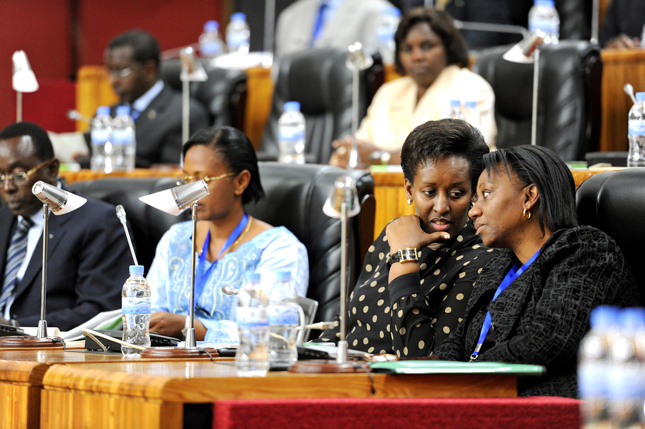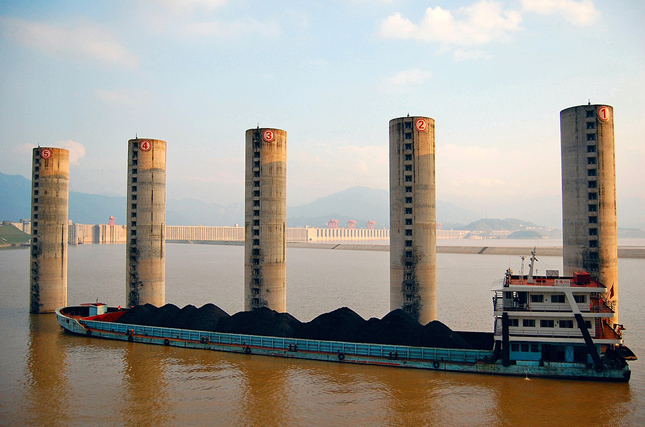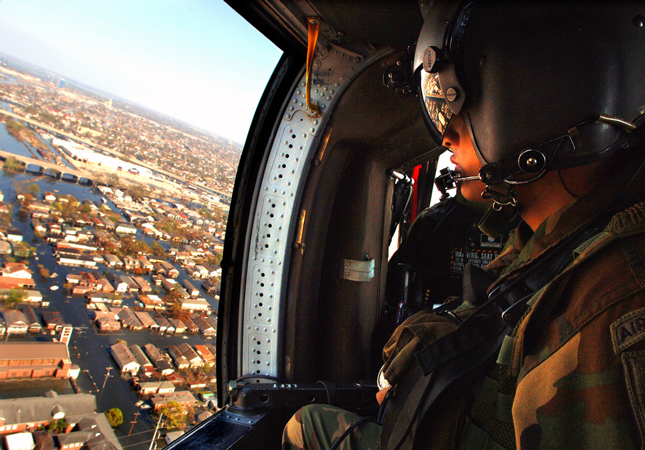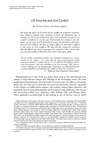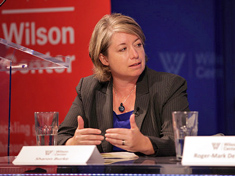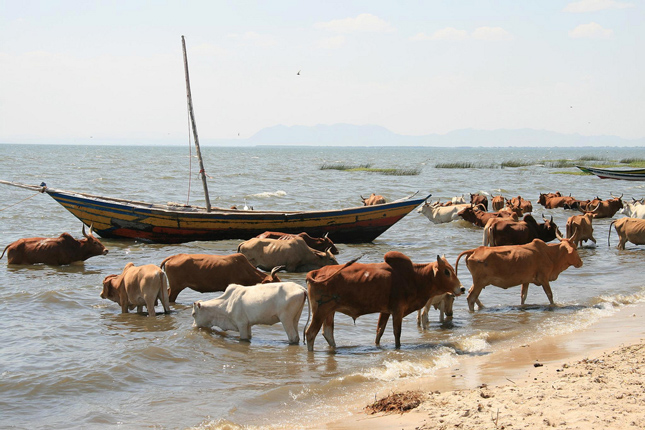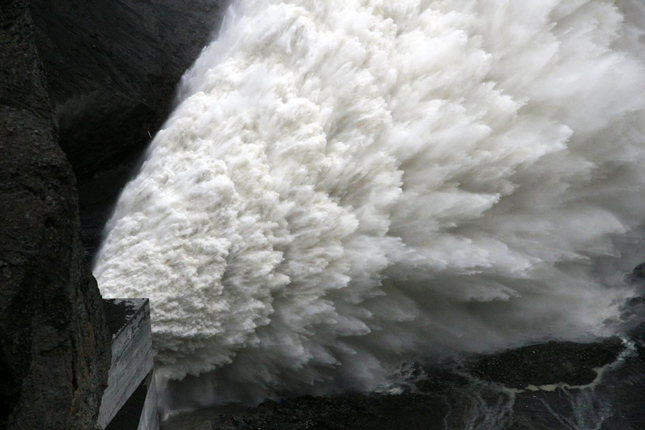-
UK Global Trends Report Forecasts Security Threats in Face of Growth, Climate and Technological Change
›October 22, 2014 // By Heather Randall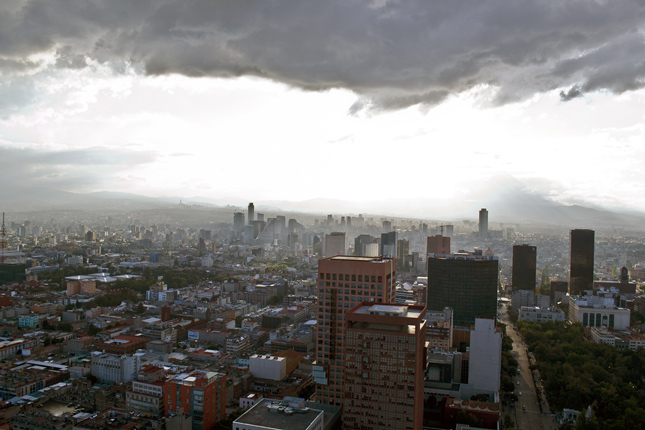
By 2045, global population will be north of 9 billion with increased urbanization and migration, natural resource stress, improved medical technologies, greater use of robotic labor, and a shift towards lifelong (and increasingly online) learning, according to a recent report from the UK Ministry of Defense.
-
Empowerment Without Equity? The Uncertain Progress of Rwanda’s Female Peace-Builders
›October 20, 2014 // By Sarah Meyerhoff
“During the liberation war,” Rwandan President Paul Kagame said in a 2010 speech, “soldiers used to sing a song praising the mothers who had carried them on their backs as babies, nurtured them, and taught them the values that ultimately informed the vision for this nation.”
-
While China Waits on Shale Gas, Soaring Energy Demands Create Regional Tensions
›
China’s energy investments are on the move, touching nearly every region of the globe from coal and liquefied natural gas imports from Australia to a recent natural gas agreement with Russia and expanded oil drilling in the South China Sea. [Video Below]
-
Pentagon Releases New Climate Roadmap, Plans for Constrained Training, Challenged Infrastructure, Expanding Missions
›October 13, 2014 // By Schuyler Null
A series of executive orders signed by President Obama since his first year in office requires all federal agencies to begin planning for climate change and produce an updated adaptation plan by May of this year. The Pentagon is a little late, but today they released their second-ever climate roadmap.
-
Is Food Aid Helpful or Harmful in Conflict-Affected Areas?
› Food aid is one of the most common humanitarian interventions, but it has come under increasing scrutiny from some observers who charge it may not be an effective means of addressing food security and may actually make matters worse. Two recent studies examine the relationship between food aid and conflict, shedding light on both sides of an ongoing debate.
Food aid is one of the most common humanitarian interventions, but it has come under increasing scrutiny from some observers who charge it may not be an effective means of addressing food security and may actually make matters worse. Two recent studies examine the relationship between food aid and conflict, shedding light on both sides of an ongoing debate. -
Not All Security Questions Have Military Answers, Says Sharon Burke
›
The U.S. military has historically relied on its capacity for technological innovation to respond to new risks and crises. But, as Sharon Burke explains in this week’s podcast, the Pentagon has had to invent a new role for itself in response to a changing world.
-
Paola Adriázola and Stephan Wolters, ECC Platform
Investing in Collaboration to Manage Natural Resource Conflict
›September 25, 2014 // By Wilson Center Staff
Conflict over environmental resources endangers rural people’s livelihoods and can increase the risk of broader social conflict. Yet joint action to sustain shared resources can also be a powerful means for community building. The Strengthening Aquatic Resource Governance (STARGO) project demonstrated this in three ecoregions: Lake Victoria, with a focus on Uganda; Lake Kariba, with a focus on Zambia; and Tonle Sap Lake in Cambodia. The results of the project were released at an event in Berlin in early July 2014.
-
Hydro-Diplomacy Can Build Peace Over Shared Waters, But Needs More Support
›
From Ukraine and the Middle East to sub-Saharan Africa and East Asia, the world is engulfed in a series of significant international crises. But despite such urgent issues, it would be a grave mistake to forget about the structural foreign policy challenges – such as access to water – that could become the crises of the future.
Showing posts from category security.


